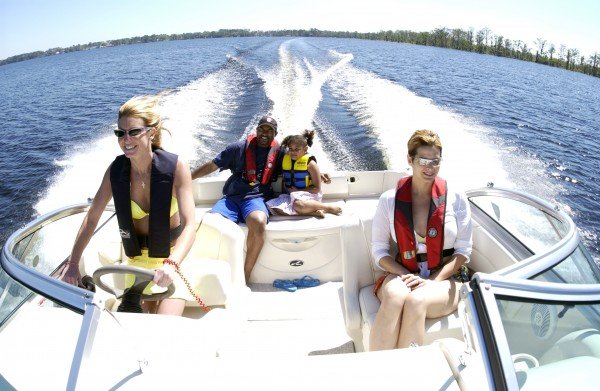Texas is home to more square miles of inland waterways than any other state, and it has nearly 570,000 registered boats.
With Memorial Day weekend coming up that makes the holiday an especially anxious time for Texas Parks and Wildlife Department.
Last year game wardens in the Lone Star state issued 1,353 citations and warnings during Memorial Day weekend, nearly half of which were related to boating safety,…








